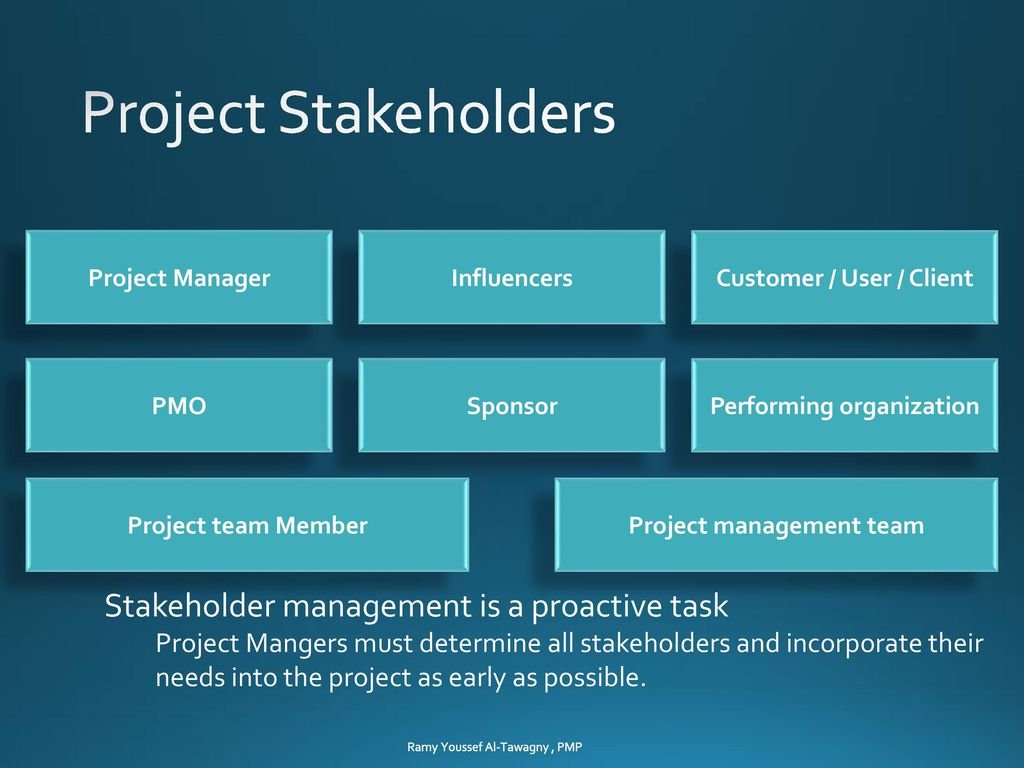In this blog, I will convey some tips/strategies I have developed over the years to get the most out of project kickoff meetings. The main goal of these meetings should be to get a true understanding of what the stakeholders (the people who will use/benefit from the project in the end) need/want when all is said and done. Due to my ADHD, I struggled a lot at the beginning of my career when it came to meetings like this. I would commonly come out of the meetings with little to no added knowledge of my goal. After much trial and error, I have nailed down a structure that works quite well. Below, I will lay out, from start to finish, what I recommend you do before and during the meeting.
The first step is gathering as much info as possible before the meeting. Some of this can usually be gleaned from your manager, who would want to know the purpose before setting up a meeting that will take up your time. If you know what tech will be involved, and you need to gain more experience with it, do a bit of research. For example, if the project is for the marketing team and you know it will involve API integration with a new (to you) marketing platform, take some time to look at that platform’s API documentation. The knowledge gained will help you ask better questions in the meeting or point out issues that might arise.
Once the meeting starts, listen to their problem description and take notes. Taking notes cannot be stressed enough, especially if you are a fellow neurodivergent. Nothing looks less professional than having to re-ask questions the stakeholders have already answered. It makes it appear that you did not pay attention and/or do not care about the project. This can seriously impact the tone of the working relationship between you and the stakeholders, which will make for a less successful project in the end.
Some good options for taking notes are pen and paper (probably the most obvious, but still worth mentioning), PKM software like Obsidian or Notion, mind mapping software like Freemind, or generalized note software such as One Note. I will create a blog post about the various options, how they stack up, and how they work for me in relation to my ADHD.
After listening to their problem description and what they envision the solution/project to be, you will likely be left with some uncertainties/unknowns. The first step is to ask what their goal for this project is. If they gave a general goal in their initial description, ask them how they plan to use the data produced from this project. How do they expect to use the data/service to help them gain/save money or time? In an ideal world, how would this help their department? Fleshing out the desired, NOT the stated, goal is paramount to a clean and successful delivery. If you do not know the desired goal, the project will require a lot of rework and might not meet the deadline. Even if you/your team achieved the stated goal, you will be judged by whether you met the desired goal.
After you get the overall goal fleshed out, you will need to ask the more implementation-based questions. Below are some examples, though keep in mind, they will change depending on if it is a Data Engineer, Data Analytics, or Data Science project.
- How frequently are data updates needed
- Who will access it?
- How fast does the dashboard/API need to be? Near real-time for a chat client, or “done by the end of the day” for daily reports?
- Are there GDPR or HIPAA policies that need to be followed?
- What security concerns/requirements are there?
Those are examples, but they will hopefully give you a good starting point.
The next set of questions is no less critical. You will need to find out the timeline/deadline for the project and what deliverables are wanted at different stages. Some examples/suggested questions or talking points:
- How quickly is the project needed? Is it needed for something like end-of-year financials, or is it part of a longer-running initiative that is not due for a couple of months?
- What types of deliverables or demos are needed, and at what cadence?
- If the deadline is not that far out, can they guarantee prompt answers to any of your questions that may arise?
- How much lead time do they need in regards to knowing if the project might be behind schedule? (This one is a possible hot-button issue, so it might need to be skipped depending on the target audience)
After all of their/your questions have been asked and the meeting is wrapping up, ask if you can contact them for further questions or new ideas. This shows that you plan to spend mental energy on it and conveys a feeling that you truly care about executing the project. I also recommend asking who would be the best point of contact for each team (if there are multiple stakeholder teams, e.g., finance, marketing, sales). It really helps to have a designated contact person (who already knows they are the point of contact) when issues or questions arise.


